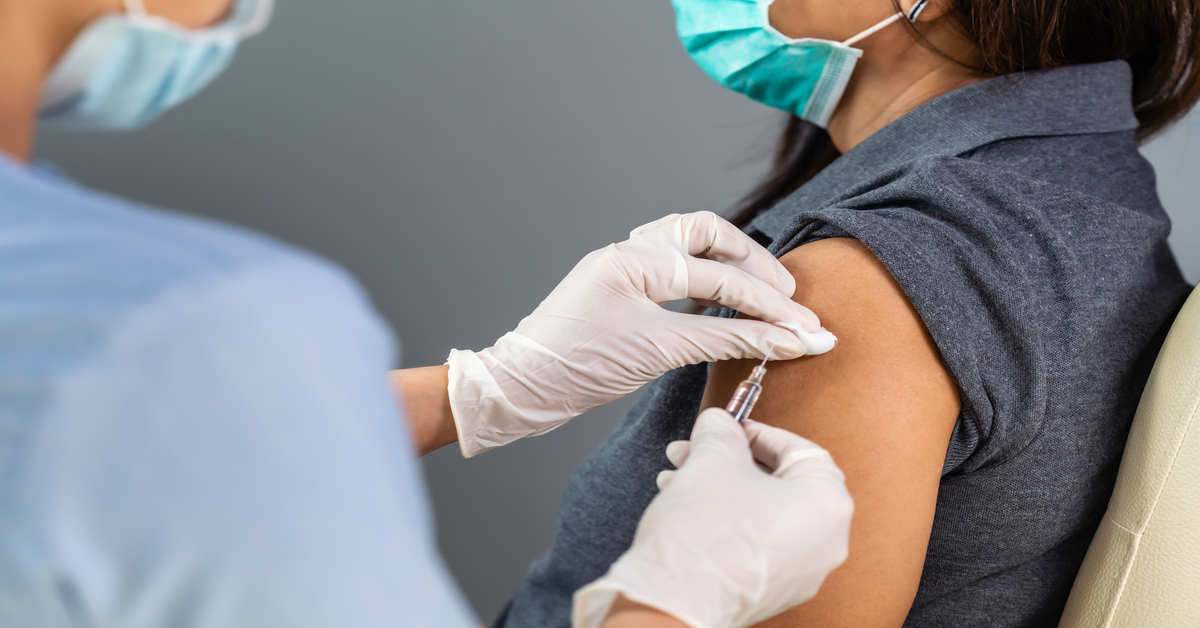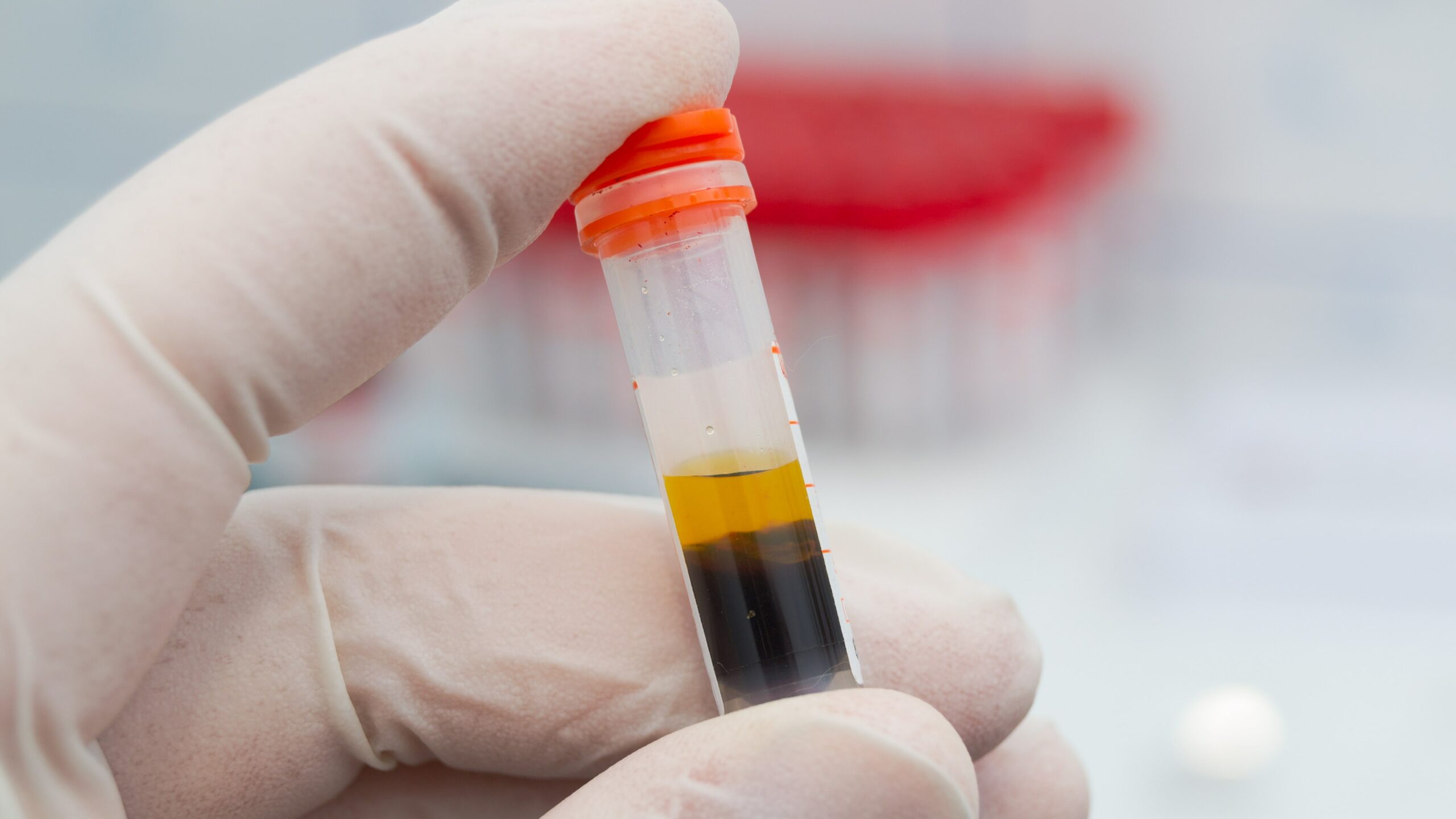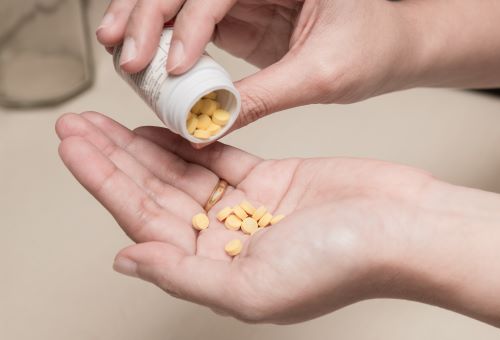
According to a study in Arthritis Care & Research, COVID-19 vaccination was associated with early gout flares; however, this effect was observed only in patients with gout who had experienced infrequent flares previously.
In order to assess the “post-COVID-19 vaccination gout flare risk with differing baseline flare burden,” investigators conducted a prospective study that enrolled 530 patients with gout who were divided into the infrequent (<1 flare per year) or frequent (≥2 flares per year) flare cohorts. The incidence of and risk factors for gout flares were compared between the groups after a 12-week follow-up period.
A total of 308 patients comprised the infrequent flare cohort, and 222 were included in the frequent flare cohort. Of those patients, 142 in the infrequent flare cohort and 106 in the frequent flare cohort received a 2-dose COVID-19 vaccination.
The study found a significant increase in the cumulative flare incidence at the 12-week mark in the infrequent flare group (26.1% vs 10.8%; P=.001), while there was no notable increase in the frequent flare group (60.4% vs 65.5%; P=.428).
Further analysis revealed that within the infrequent flare group, the incidence of flares during the final 4 weeks of observation decreased significantly following vaccination (4.3% vs 12.0%; P=.017).
Multivariable analyses were employed to explore the factors influencing flare risk. In the infrequent flare group, vaccination itself (odds ratio [OR], 2.82; 95% CI, 1.50-5.30; P=.001), previous flares in the year prior (OR, 1.95; 95% CI, 1.03-3.71; P=.04), and body mass index (OR, 1.09; 95% CI, 1.01-1.19; P=.03) were identified as independent factors for an increased risk of gout flares. Baseline serum urate levels were associated with flare risk in the frequent flare group (OR, 1.23; 95% CI, 1.05-1.45; P=.012).







 © 2025 Mashup Media, LLC, a Formedics Property. All Rights Reserved.
© 2025 Mashup Media, LLC, a Formedics Property. All Rights Reserved.